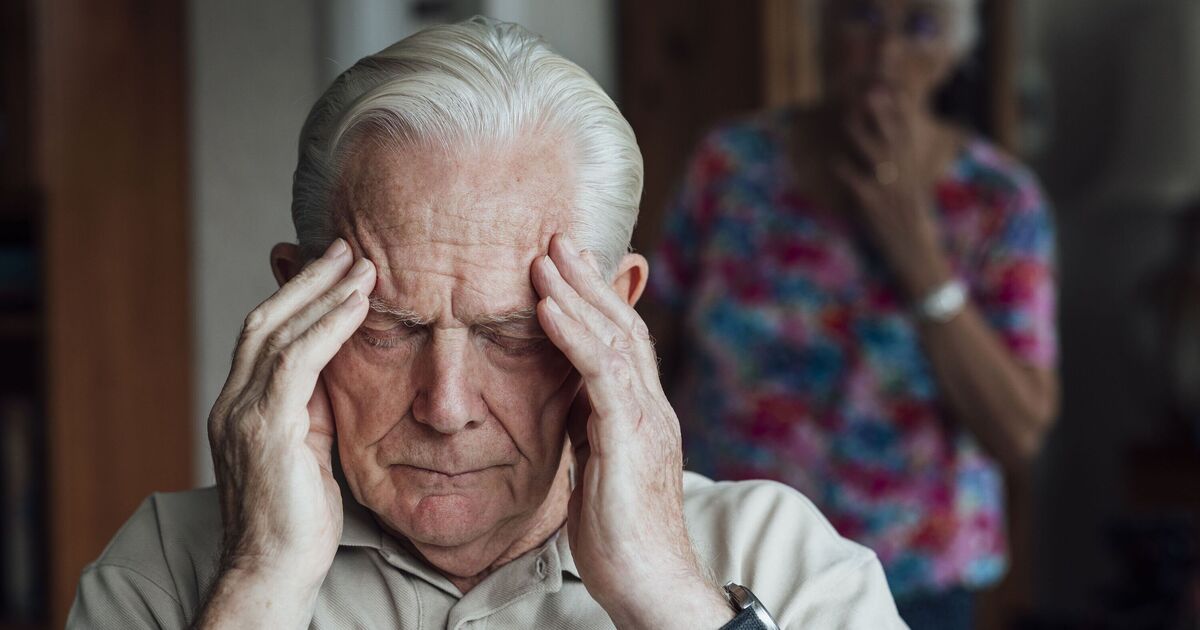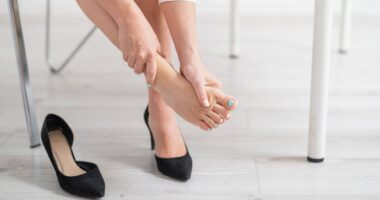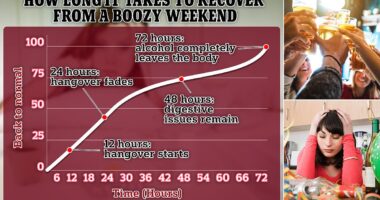Scientists have uncovered a key sign that could be a symptom of dementia but goes unnoticed in many elderly people.
Dementia has been the leading cause of death in Britain for the last 10 years, and the number of deaths is only increasing.
In 2022, 65,967 people died from dementia and Alzheimer’s disease – 5,000 more than in 2021. By 2040, the number is expected to quadruple.
Now, a brand new study has revealed that older people who experience tiredness during the day may be more likely to develop dementia.
Dr. Victoire Leroy of Albert Einstein College of Medicine said: “Our findings emphasise the need for screening for sleep issues. There’s potential that people could get help with their sleep issues and prevent cognitive decline later in life.”
Sleepiness during the day is linked to motoric cognitive risk (MCR) syndrome, which causes slow walking and memory struggles. However, people with MCR syndrome don’t necessarily have mobility disabilities or diagnosed dementia.
The medical community has not recognised the syndrome for long, but it’s now believed to double the likelihood of developing dementia.
The breakthrough study involved 445 people over the age of 65 who did not have dementia and were living in residential communities.
The participants were asked questions about their sleep habits and memory issues, and from this, researchers were able to diagnose 36 of them with MCR syndrome.
More specifically, 39% of the group classed as “poor sleepers” had a higher risk of developing MCR syndrome than the “good sleepers”.
Those who experienced excessive daytime sleepiness and struggled to feel enthusiastic because of sleepiness were also three times more likely to develop MCR than those with no sleep-related problems.
Participants were also more likely to develop the syndrome if they had a poorer sleep quality, slept for shorter periods, and were more frequently sleepy during the daytime.
Dr Leroy said: “More research needs to be done to examine the relationship between sleep issues and cognitive decline and the role played by motoric cognitive risk syndrome.
“We also need studies to explain the mechanisms that link these sleep disturbances to motoric cognitive risk syndrome and cognitive decline.”
The study did not find a direct cause-and-effect relationship between poor sleep and MCR and then dementia, but rather it discovered an association of risk.










